View Descriptor
Descriptor Details
-
Descriptor Title
Health and Healing Systems
-
C-ID Number
106
-
Units
3
-
Date of Last Revision
9/29/2023 12:02:33 PM PDT
General Description
This course examines health, disease, healing, and medicine from a theoretical, psychological, sociological, biological, historical, and cultural perspective. Concepts and philosophies from traditional cultural healing systems and contemporary western medicine will also be examined from interdisciplinary perspectives. Topics covered include the history of western medical practices, principles of indigenous healing systems, the role of gender in healing, the effects of personality and emotions on health and disease, and integrative medicine.
Prerequisites
No information provided
Corequisites
No information provided
Advisories
English, one level below transfer (i.e., eligibility for English composition (C-ID ENGL 100) and reading a course with an exiting skill of ability to read a college level text.
Content
1. Cultural definitions
a. Health
b. Disease
c. Healing
d. Doctor
2. Contemporary western medicine
a. Health perspective
b. Etiology of disease
c. Principles
1. Cartesian
2. Mechanistic
3. Scientific method
d. Biomedical model and approach
1. Healing/curing
e. Medical interventions and treatment
f. Placebo effect
3. Non-western healing systems
a. Shamanic healing
1. Health perspectives
2. Etiology of disease
3. Principles
4. Philosophy of healing/curing
5. Healing techniques and therapies
6. Healing traditions
b. Eastern healing systems
1. Health perspectives
2. Etiology of disease
3. Principles
4. Philosophy
5. Whole Medical Systems
a. Traditional Chinese medicine
b. Ayurveda
4. Integrative medicine/Complementary and Alternative Medicine (CAM)
a. Complementary
1. Practices used together with conventional medicine
b. Alternative
1. Practices used to replace conventional medicine
5. Factors that influence disease risk and health outcomes
a. Social
1. Support systems
b. Psychological
1. Personality types
c. Emotional
1. Stress and relaxation
6. Role of energy
a. Disease risk
b. Health outcomes
c. Eastern healing philosophies
d. Shamanic healing perspectives
e. Scientific perspective
7. Role of spirituality/faith/religion
a. Disease risk
b. Health outcomes
c. Eastern healing philosophies
d. Shamanic healing perspectives
e. Scientific perspective
8. Role of gender
a. Women healers and scientists in western societies
b. Women healers in non-western, Whole Medical Systems
c. Disease risk
d. Health outcomes
9. Healing agents
a. Pharmaceuticals
b. Synthetics
c. Plants, herbs, and oils
Lab Activities
No information provided
Objectives
-
Describe how the concepts of health and disease are culturally defined.
-
Explain the historical events that influenced the emphasis on physical health in Western medicine.
-
Distinguish the difference between complementary medicine and alternative medicine.
-
Describe the main principles of healing from a non-western, Whole Medical System, such as traditional Chinese medicine or ayurvedic medicine.
-
Compare and contrast the underlying principles of western medicine to other non-western healing, such as shamanic and traditional Chinese medicine.
-
Analyze the scientific research on the role of emotions in heart health and disease.
-
Describe the role of energy in disease according to a non-western healing system and apply that to a prevalent disease in the United States.
-
Describe the concept and importance of spirituality in multiple healing systems and perspectives.
-
Describe the role of women as healers in contemporary western medicine and non-western healing perspectives.
-
Compare and contrast the principles behind the use of pharmaceuticals as healing agents and other healing alternatives, such as plants, herbs, and oils.
Evaluation Methods
May include:
Exams
Quizzes
Written Assignments
Projects
Textbooks
Karren, Keith, et. al. Mind/Body/Health: The Effects of Attitudes, Emotions, and Relationships
Eliopoulos, Charlotte, An Invitation to Wholistic Health
Descriptor Administration
-
Public Review Needed
No
-
Next Descriptor Review
No information provided
-
Resubmission Requirements for Courses
Descriptor changes were administrative only
-
Resubmission Deadline
No information provided
-
Comments
No information provided
-
Notes
No information provided
-
Keywords
No information provided
Delete Descriptor?
Are you sure you want to delete this descriptor?
Deleted descriptors cannot be restored.
